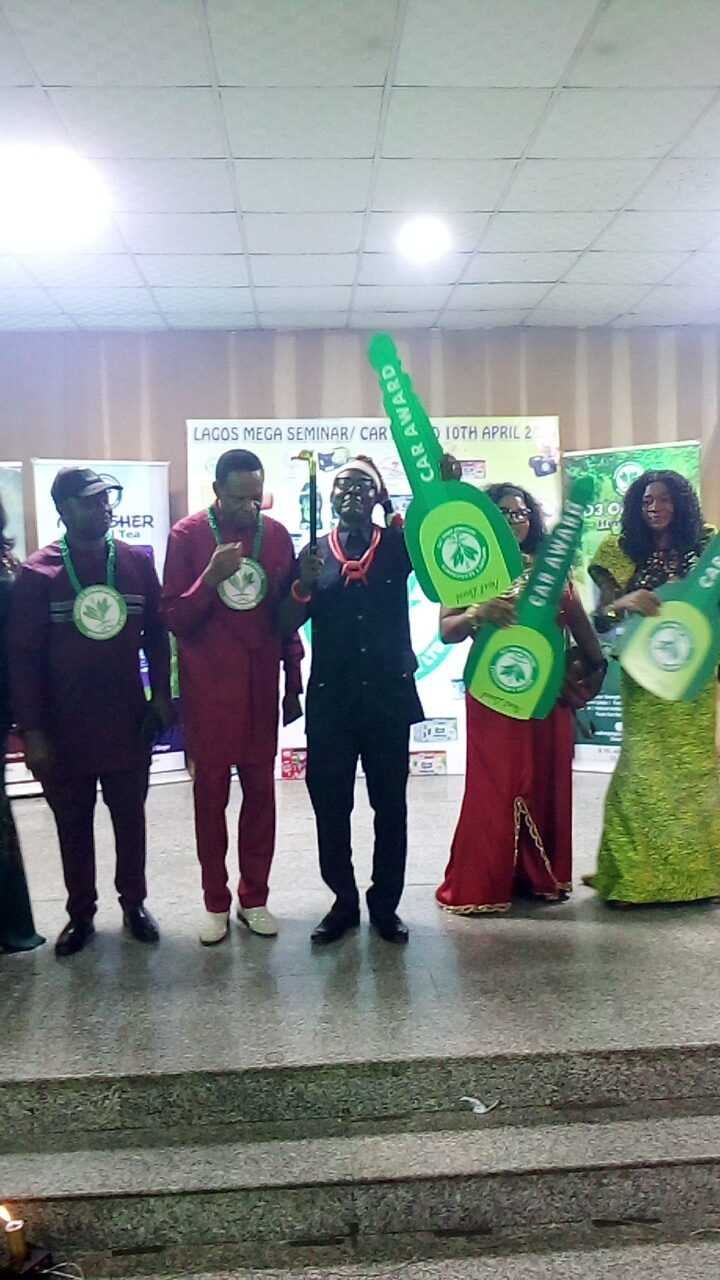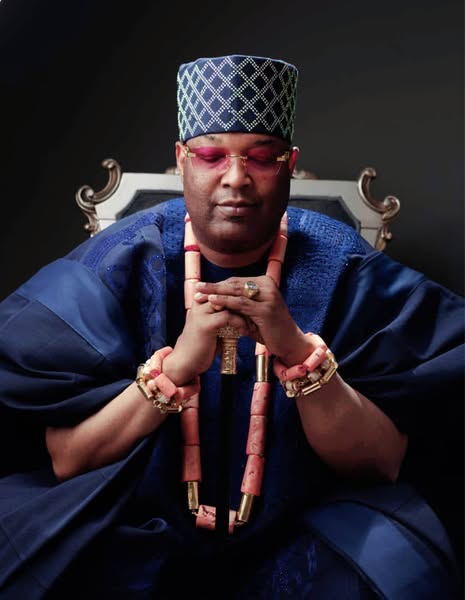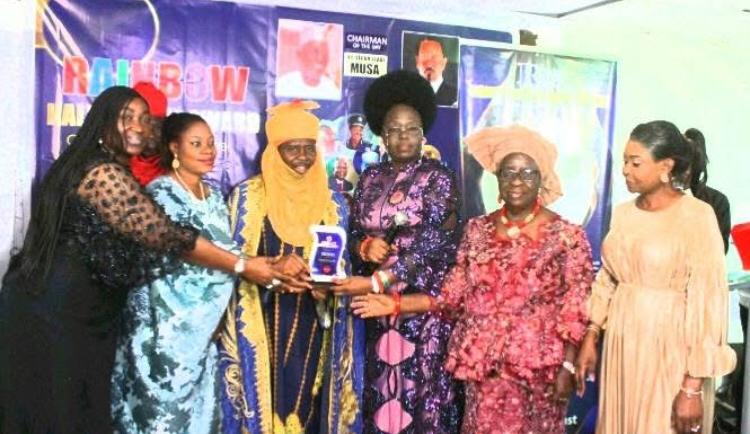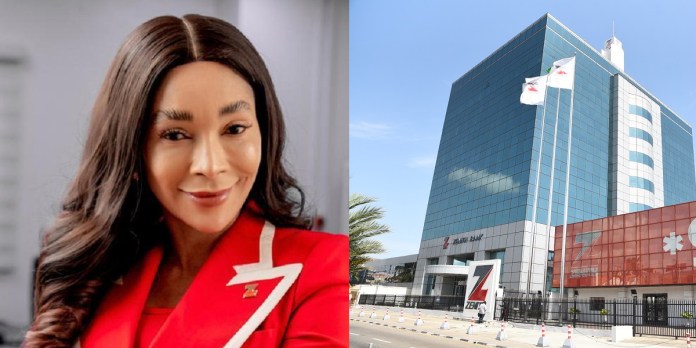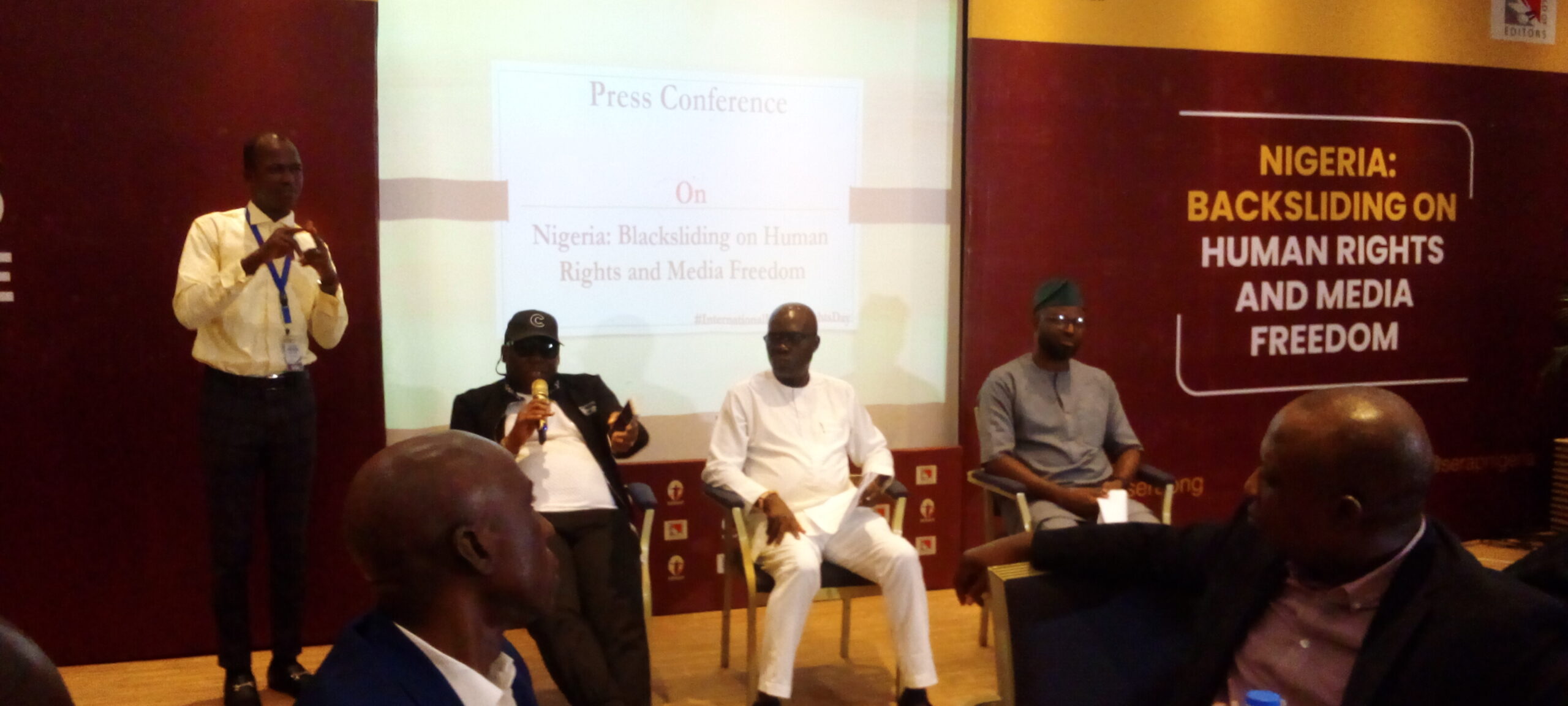
Nigeria’s human rights and media freedom record has raised concerns lately, with incidents suggesting a decline in the country’s democratic values. The Socio-Economic Rights and Accountability Project (SERAP) and the Nigerian Union of Journalists (NUJ) recently organized a summit to address these issues ¹.
Key concerns include the harassment of journalists, unwarranted media regulations, and restrictions on access to information. Veteran journalist Richard Akinola highlighted the SERAP saga, where the Department of State Services (DSS) stormed SERAP’s Abuja office, harassing and intimidating staff. Akinola also mentioned the Afe Babalola and Dele Faratomi case, where Babalola claimed defamation due to a book publication.
The DSS claimed their visit to SERAP’s office was a friendly investigation, but two DSS officials later sued SERAP for defamation. This raises questions about the government’s commitment to press freedom and human rights.
Journalists face arrest, intimidation, and harassment for reporting on sensitive topics.
The government has introduced laws and regulations aimed at controlling social media and online expression.
The government has been criticized for limiting access to information, making it difficult for journalists to do their job.
Experts warn that the government’s actions could have far-reaching consequences for democracy and human rights in Nigeria. Ikechukwu Amaechi emphasized that journalists must stand resolutely against media suppression, just as they did during the military era.
The national assembly’s inability to check the executive’s power has contributed to the decline in human rights and media freedom. Journalists are urged to remain objective, accurate, and committed to reporting authentic stories, rather than gossip or biased information.
To address these concerns, stakeholders recommend:
1. *Independent Investigations*: Conduct thorough investigations into incidents of harassment and intimidation.
2. *Reform of Media Regulations*: Review and revise laws and regulations that stifle press freedom.
3. *Protection of Journalists*: Ensure journalists’ safety and security while reporting.
4. *Access to Information*: Guarantee access to information, enabling journalists to hold the government accountable.
Ultimately, Nigeria’s democratic progress hinges on its ability to protect human rights and media freedom. The government must prioritize these values to ensure a truly democratic society.


